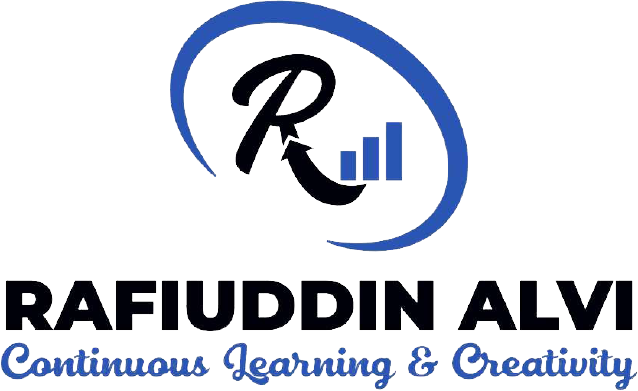
How many times have you experienced that you started a project just to have an extraneous task slip in, making your completion time delayed? Do you know what is Scope Management Knowledge Area? Scope management is all about making things easier from your end.
A well-defined project scope allows you to create a management plan that defines, validates, and controls scope. It ensures that you stay on task and that everyone, including the project requester, knows what will be included in the project.
This ultimately prevents unmet expectations and frustrating changes. But what is the scope management knowledge area? Let’s know in detail.
What is Scope Management?
Scope management is the total amount of work that you need to complete in order to deliver the product, services, or results with specified features. In the “Project Management Body of Knowledge” (PMBOK), scope management is the primary knowledge area out of 10 knowledge areas. It includes the processes required to ensure that project includes all the work required in order to complete the project successfully.
In other words, scope management’s primary concern is to define and control what is or is not included in any given project, as well as what defines its success.
The top key process involves in effective scope management are as follows.
Top Steps of Scope Management Knowledge Area
1. Scope Planning
This is the first and utmost important process in the scope management knowledge area. You need to gather input from all the stakeholders. This will help you to document how you want to manage, validate, and control your project scope. When planning the scope, you also need to include key elements such as
- How will the deliverable be accepted?
- How will you handle unforeseen circumstances?
- What will be the scope statement?
- A clear work breakdown structure
2. Requirement Collection
Collecting requirements is one of the necessary tasks that assist you in meeting the expectation of your stakeholders. You will need to document what is required out of the project to get a clear scope of the work. However, collecting information can often become a challenging task for most project managers. So what to do? A simple way is to gather the information through interviews, surveys, focus groups, or creating porotypes.
3. Define Scope
Defining exactly what is in scope or what is out of scope for your project helps you to get rid of common mistakes. Once you write your project scope and have a clear understanding of the deliverables expected, it becomes easy to know what is and is not involved in the specific project. Remember, your scope statement serves as a guide throughout the project you are conducting. Therefore, you need to pay more focus on defining the scope to ensure that everything goes in the right direction.
4. Validate Scope
Scope validation is where your deliverables are reviewed by an authority such as stakeholders, customers, managers, or anyone else. Having a plan in place that helps you to know when and how the project deliverables will be accepted is essential to avoid any future consequences. You can easily set up the scope validation process ahead of time to ensure that deliverables are submitted for approval. This helps you to get rid of long, complex emails, needless meetings, and urgent updates at the eleventh hour.
5. Control Scope
To ensure that the project is executed according to the scope management plan, you must need to monitor project status from start to finish. This is necessary in order to know when the new requirement takes place, or any unexpected change is needed in scope. As a project manager, you should compare performance reports with the project requirement to make sure that it is all up to the mark.
Implement Scope Management Knowledge Area
It is a fact that, at the start, scope management may seem to be a daunting task. The whole scope management knowledge area takes a fair amount of time and requires a lot of effort from your side. However, it is worth it. In the long run, you will experience less miscommunication, fewer surprises, and no loads of burdens on your end.

